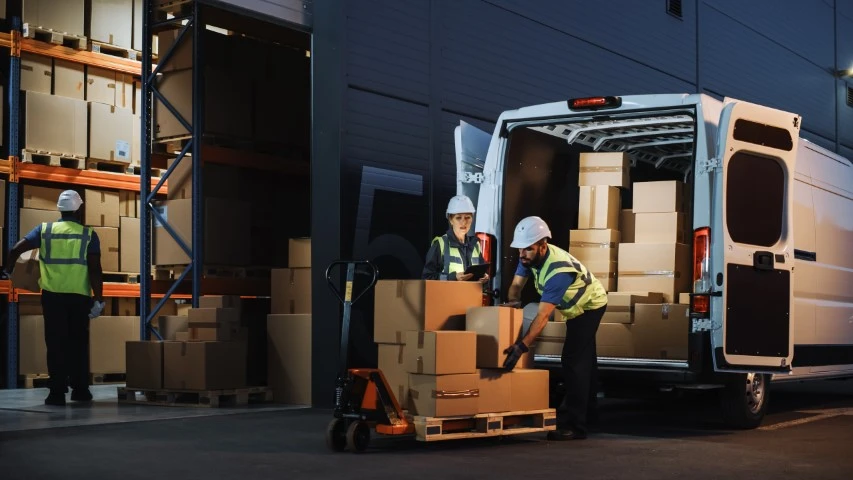Verdantix Green Quadrant Report Reveals ESG & Sustainability Reporting Software Vendors Shifting Strategies Amid Regulatory Flux And Surging Demand For Real-Time Data
- Investor and stakeholder expectations are sustaining demand for ESG and sustainability transparency amid regulatory and political uncertainty
- Sustainability reporting software has become a strategic imperative, fuelled by rising demand for real-time, auditable data
- Emerging innovators are reshaping the competitive landscape
Verdantix Green Quadrant Report Reveals ESG & Sustainability Reporting Software Vendors Shifting Strategies Amid Regulatory Flux And Surging Demand For Real-Time Data
London, UK. 2025 has brought a wave of political and regulatory turbulence, leaving organizations grappling with uncertainty. With key ESG and sustainability regulations delayed or scrapped, firms are unsure how to adapt and repurpose existing sustainability initiatives. Despite this landscape, investor and customer expectations remain unchanged: transparency and accountability are still paramount, with or without legislative imperatives.
As objectives become clearer, ESG and sustainability reporting software has taken on a pivotal role, helping organizations to navigate compliance ambiguity, meet evolving stakeholder demands and mitigate the risk of fines – while preserving credibility, sustaining a competitive edge and capitalizing on growing consumer demand.
Though the ESG and sustainability software market continues to grow, its unpredictability is prompting vendors to rethink how they differentiate in an increasingly crowded and volatile space. Providers are shifting focus from pure reporting to enabling actionable insights across business functions, helping organizations use sustainability data to drive better decisions, improve business outcomes and engage suppliers more effectively. The emphasis is now on guiding end-users from a regulatory reporting mindset to one that prioritizes action and impact.
The latest Verdantix Green Quadrant: ESG & Sustainability Reporting Software (2025) report provides CSOs, CEOs and CFOs with a better understanding of the available software options for sustainability reporting software selection strategies, to de-risk vendor selection, mitigate risk and accelerate procurement timelines. The report delivers in-depth coverage of the 21 most prominent vendors operating in this market and highlights the 15 that demonstrate the most advanced ESG and sustainability reporting capabilities. These are: AMCS, Benchmark Gensuite, Cority, EcoOnline, IBM, Nasdaq, Novisto, osapiens, Schneider Electric, Sphera, Sweep, UL Solutions, Watershed, Wolters Kluwer and Workiva. Key report findings:
- Despite regulatory and political uncertainty reducing the need for ESG compliance, investor pressure is driving the adoption of ESG software to improve data quality, streamline reporting and boost sustainability performance. Buyers are prioritizing platforms that automate data collection and approvals, enabling high-quality disclosures and quick stakeholder engagement. Leading vendors differentiate with multi-framework reporting capabilities, embracing a ‘collect once, report many times’ model.
- To effectively track sustainability progress, organizations require consistent tools that offer clear visibility into progress against goals. ESG software vendors are enabling this by providing real-time and historical data for peer benchmarking and scenario modelling, supporting firms to elevate sustainability maturity and plan strategically for the future.
- Sustainability reporting now requires cross-functional collaboration and tailored insights for diverse stakeholders. While sustainability teams manage data inputs, finance leaders and C-Suite executives increasingly rely on real-time, high-level dashboards. ESG and sustainability reporting software solutions support this by enabling users to track progress against targets, forecast initiative impacts and benchmark performance – accelerating organizational sustainability maturity.
- Software vendors are expanding and differentiating their platforms by growing core capabilities and upselling advanced modules. Many are also exploring AI integration to enhance automation, and to streamline data requests and collection. Looking ahead, some are also laying the foundations for agentic AI to further enhance reporting processes.
“Amid growing regulatory uncertainty and heightened stakeholder scrutiny, organizations can no longer afford to rely on fragmented systems or manual processes to manage sustainability disclosures,” said Luke Gowland, Senior Analyst at Verdantix. “The demand for accurate, auditable and near-real-time sustainability data has elevated reporting software from a supporting tool to a strategic requirement. To remain competitive, vendors must deliver platforms that foster cross-functional collaboration, enhance operational efficiency and translate data into meaningful insights – empowering users to shift from a compliance-driven approach to one focused on action and impact.”
To find out more, read the full report – Verdantix Green Quadrant: ESG & Sustainability Reporting Software (2025).






















